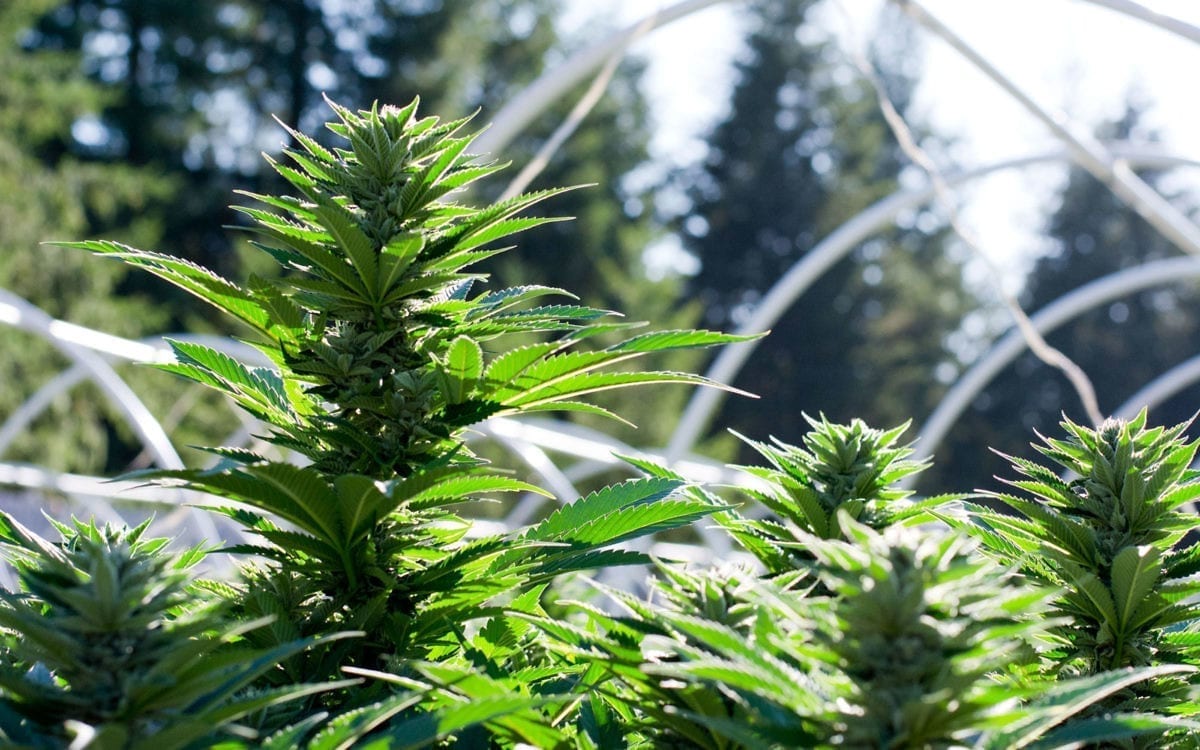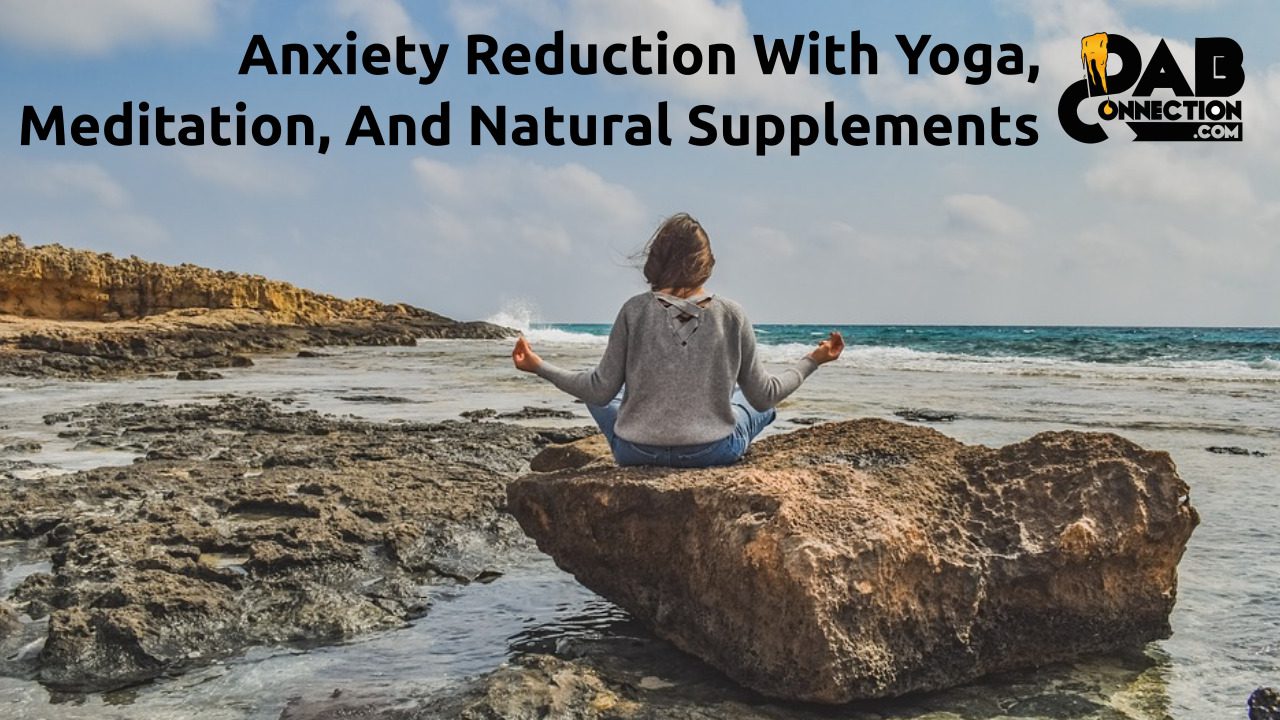5 Common Misconceptions About Cannabis : We’re Sick Of Hearing Them Too!

Cannabis: There are always things people say about drugs. Everyone has an opinion, and most people aren’t afraid to share. Of course, not all misconceptions are born out of total ignorance, but that doesn’t make them any less tiresome to hear.
Here are five misconceptions heard all over very often, and heard by unappreciative users everywhere.
Gateway Drug
- Oh no, beware of the GATEWAY DRUG! This is an oldie but a goodie. Statistically speaking, it is simply not true; those who use marijuana might try other drugs later on, but there is no reason to declare it to be the root of all evil. D.A.R.E (Drug Abuse Resistance Education programs) has even declared out and out that marijuana is not a gateway drug.

The concept that smoking a leaf and getting a deliriously good high would push anyone to start injecting or snorting is ridiculous. There is evidence out there that suggests that the addictive properties of cannabis are different to the properties of other highly addictive and dangerous drugs.
- It will KILL YOU! This is even more of a fallacy than the gateway nonsense and users know it. Usually, this is something that comes up right after the ‘gateway’ speech. It is even less credible than the previous claim and if you know anything about the drugs involved then you know it has no leg to stand on.
There is, of course, a long list of drugs that have the potential to kill you, both in single doses and over time (power cannabis simply doesn’t have). Tobacco, alcohol and even prescription medications all have side effects that can easily cause death. This is before even considering any other illicit substances.
“Watch out”
- If it doesn’t kill you, it will TURN YOU INTO A KILLER! Well, that one is even more of a stretch than the previous claim. It all started with a propaganda campaign in the 1930s – it warned people about ‘reefers’ and the dangers of violent cannabis smokers. It was known as ‘reefer madness.
Most regular users will attest to the fact that violence is not the first thing on your mind when the smoke starts to hit you really. If anything, cannabis users would have to be on the calmer end of the spectrum.
There has been some research to support the thought that the psychoactive components of marijuana can adversely react with certain brain chemistries. But those brain chemistries are not found in every Tom, Dick, and Harry on the street. And they are affected by many compounds in other consumables too.
- At the other end of the spectrum, there are some people who claim that IT’S HARMLESS. Now, many of those might be users, but no matter how much experience they have it cannot truly be said that smoking marijuana is risk-free.
Dangerous activity
Inherently, smoking anything is a dangerous activity. Particulate matter in your lungs is not a good thing; there’s a reason we cough if we inhale some dust from the cigarette smoke of a passing smoker.
It’s not just the fact of inhaling bits of stuff that can be bad for the body; anything that affects any aspect of how our bodies function can have potentially adverse outcomes. The chemical makeup of marijuana, the very one that makes it so popular in recreation, can affect heart rate.

There is an added risk for those consuming under the age of 25; there is a considerable body of evidence supporting the hypothesis that the chemicals can affect the development of the young brain. Like alcohol, however, some of these dangers can be mitigated if only it is consumed responsibly.
- Having said all that, some people still think that CANNABIS DOES NOTHING TO HELP YOU. This is simply not true. There is overwhelming scientific and anecdotal evidence for the benefits of marijuana on many medical conditions; anxiety, chronic pain, epilepsy, and Parkinson’s (just to name a few).
There have even been strains of plant bred and grown specifically to have limited THC and other psychoactive components.
The greatest problem with this attitude is, of course, that without the support of the right people, scientific research and testing can never really truly get off the ground. The impetus to test and discover is never there if you don’t believe it will work from the start. Maybe it helps Alzheimer’s or dementia or stroke recovery. Will we know, if we never try? Will we ever try if we think it won’t work?






